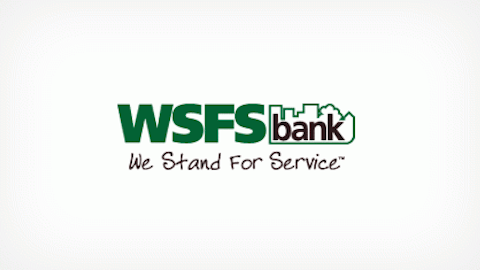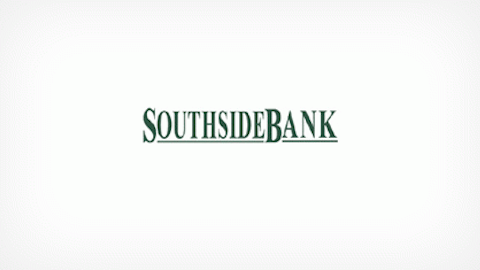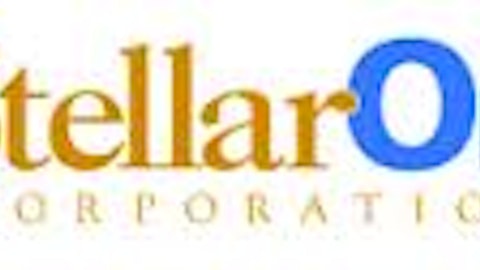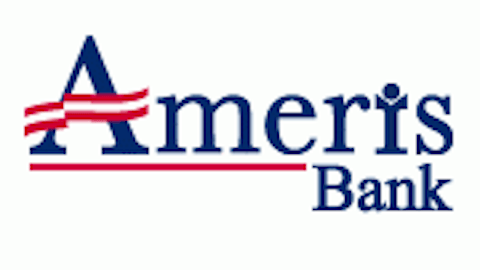Paul Egge: We want to afford ourselves the flexibility to be on the high end of that. But we don’t want to be in a position where we need to be on the high end of that, this isn’t the market to be a hero in and ultimately, we are managing our balance sheet for ultimate financial flexibility. We just don’t want to find ourselves in a pitch relating to capital, liquidity or credit. And we’ll continue to be strategic to keep ourselves in the higher category and all of those important subject.
Robert Franklin: Yes. Well I think, we finally get an opportunity to shine as a core funded institution. And it’s something that it’s been a while since relationship banking and core funding has been celebrated. And I think this is, this is a better time to recognize the value of this franchise. So we’re going to try to take advantage of that. And, and utilize that to help grow our franchise in the future. We feel like we’re well capitalized. Nothing is off the table for us as far as the options that we have. And we’re going to just see the — what the right thing is to do. And it also provides us a good backdrop as we move through sort of a challenge more challenged economic times, at least uncertain. But there’s no place I’d rather be than Houston, Texas to operate.
Will Jones: Yes, totally understood. Thanks again, guys. And just one more if I sneak it in. The buyback, and you guys have talked about it before, just being a tool in the tool belt? Is that something that we can see, come to fruition here. Now, now that you have an idea of the pro forma capital, and just any thoughts you have about that would be great.
Paul Egge: Sure, we love and value always having that tool in our tool belt are in the near term, we’re going to be focused on building capital. But we value the flexibility of having that as a tool.
Will Jones: Yes, got it. Thanks, guys. Appreciate the color.
Paul Egge: Thanks.
Operator: Thank you. And one moment, please. And we do have a follow up question from Matt Olney with Stephens. Your line has reopened. Please go ahead.
Matt Olney: Yes, thanks for taking the follow up. I just want to jump on and ask Paul more about some of the commentary around the core margin. I think you said Paul you want to make sure you protect the core margin in 2023. And we can interpret that loss of weight and curious any other color you can give us about protecting that margin? Should we assume that’s around from the perspective of the bank being pretty asset sensitive kind of entering a time period of more rate uncertainty or how should we interpret that comment?
Paul Egge: I interpret it more strategic, and then maybe give you a preview of what you’ll see when we put out our 10K. And that is, we are actually, at the current juncture, relatively neutral from an risk €“ standpoint. That said, we’ve generally benefited on net interest income in excess of our models by virtue of our betas and our models being more conservative. So there’s, I would adjust that to say that there, there still is a asset sensitive lien, but it’s not necessarily as pronounced as it was historically with legacy.
Matt Olney: Okay. And is that, would you characterize the bank is satisfied with the current interest rate positioning and the lien that you mentioned? Or are you suggesting there could be potentially additional actions in the future?
Paul Egge: We’re continually evaluating how we manage the balance sheet right now. We feel good about the direction, the direction of our net interest income and the absolute value of our net interest, income and margin. And the real goal is to protect it and a real bonus, we’re able to meaningfully grow.
Matt Olney: Okay, got it. Thanks, guys.



